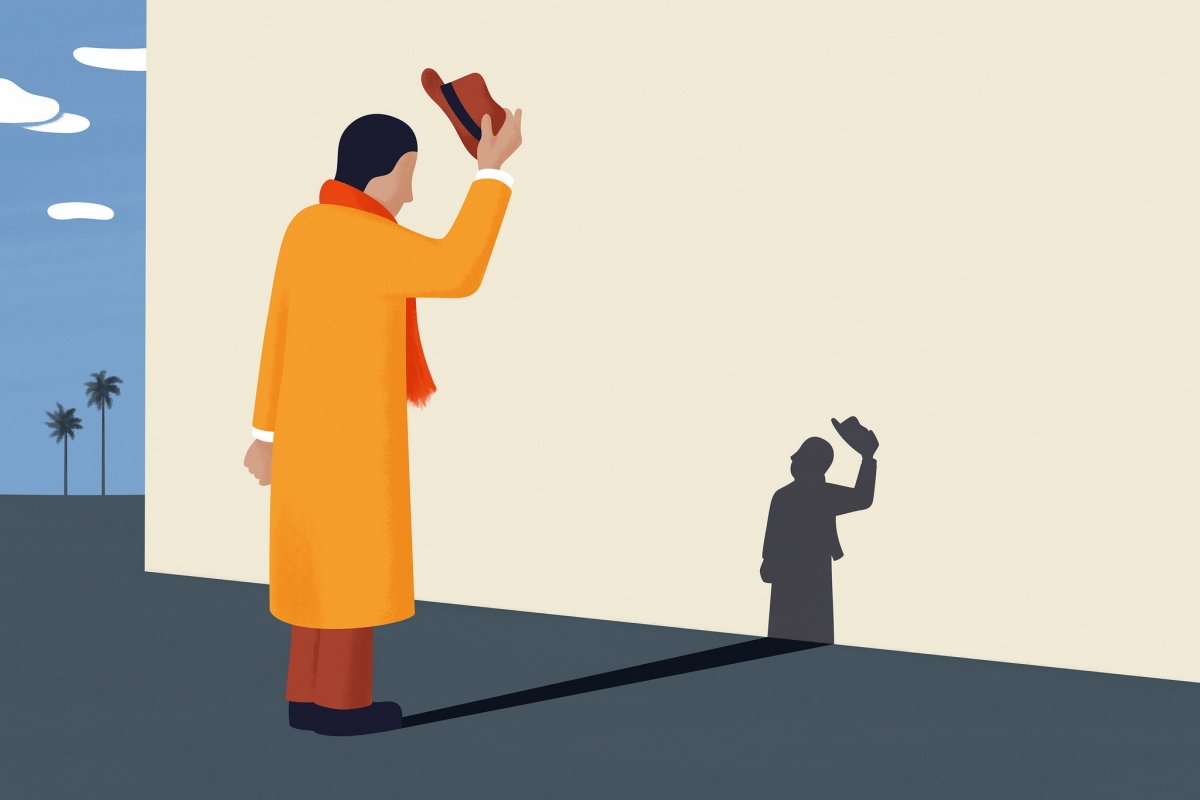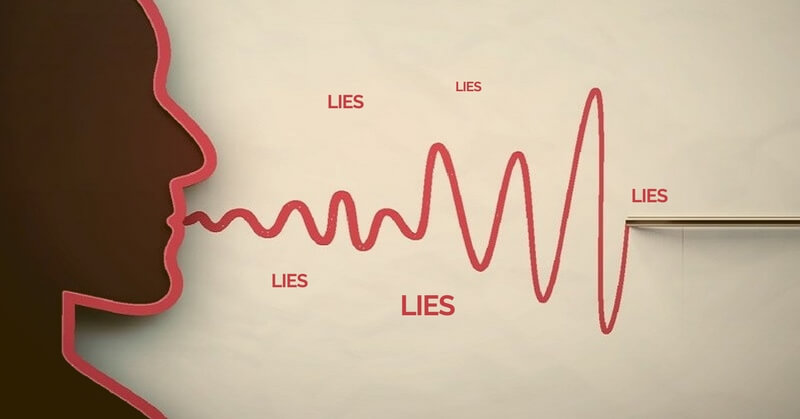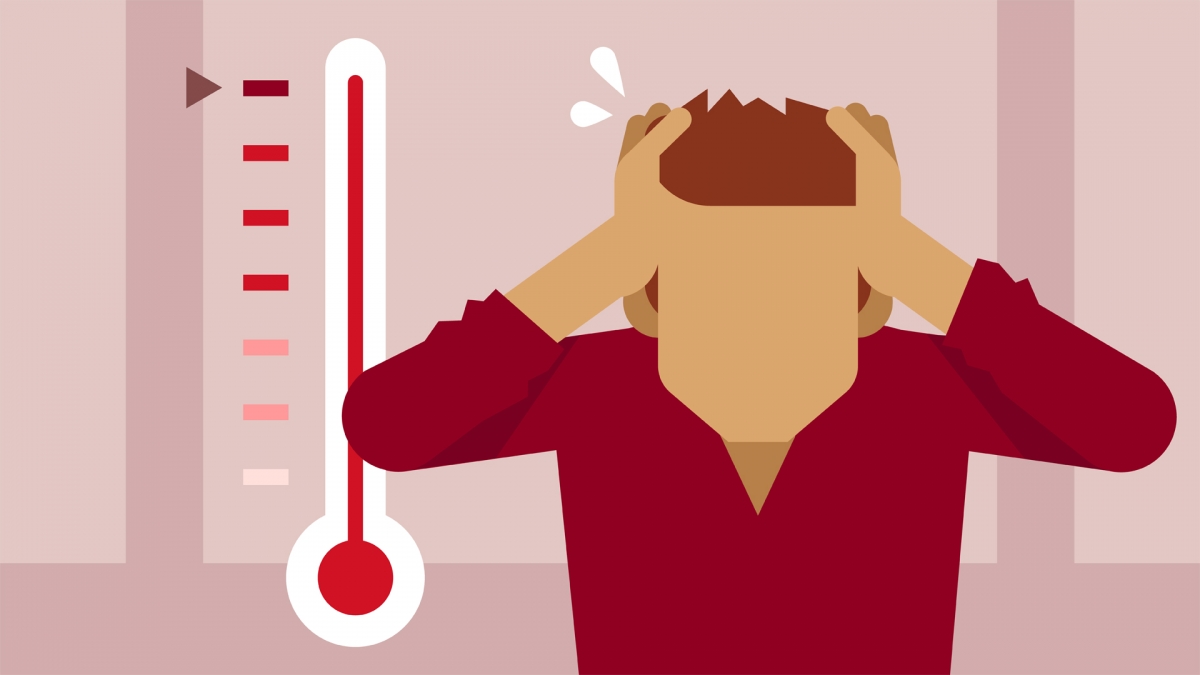So you have decided that you need counseling and want to seek help? Are you unsure about whom to approach? Many individuals face this dilemma. The fact that so many professionals exist only complicates the matter. So how do you choose the right therapist? And what is the difference between a professional counselor and a non- professional counselor. This article answers these questions.
A professional counselor may be a psychologist, psychiatrist or a psychotherapist.
A Psychologist is one who possesses a degree in psychology and is trained in human behavior. Psychologists who are trained in therapy are called psychotherapists; they can either be clinical psychologists or counseling psychologists. They are trained in psychological theory and assessment. They are trained in different methods of therapy and use the methods of their therapeutic orientation to counsel and assist the counselees. They also have the advantage of supervised experience in their therapeutic field of orientation. Psychotherapists may use psychological tests to assess their counselees.
A psychiatrist is a medical doctor who specializes in diagnosis, treatment and prevention of mental disorders. A psychiatrist prescribes medicines as well as gives therapy to a patient.
Now, to answer the question as to why you should seek the services of a professional therapist. The professional is trained in the scientific therapeutic methods. They have the advantage of supervised experience in their therapeutic field .The validity and effectiveness of these methods has been proven by research over the years across many countries, cultures and social systems. They are trained to be non-judgmental and non-biased. All information given to them by the counselee is kept confidential. Professionals do not give advice. On the other hand they act as facilitators in helping counselees with their problems
A non-professional counselor can be a lay person like a relative or a friend. They could also be volunteers, social and community workers. They may not have a degree in psychology. A non-professional counselor can be a good listener with basic counseling skills who is interested in helping you out with your problems. They may have a certificate in counseling, giving them knowledge and basic skills in counseling theory and methods. They may not have supervised training in therapy.
So, next time you decide to go for counseling, keep the above points in mind and then make your choice about whom to consult.


 Handling Questions Effectively
Handling Questions Effectively  Professional Counsellors versus Non-Professional Counsellors
Professional Counsellors versus Non-Professional Counsellors  The Fallibility of Psychological Testing
The Fallibility of Psychological Testing  Don’t Shrink Away
Don’t Shrink Away  Cognitive Distortions
Cognitive Distortions  Managing Stress
Managing Stress  Coping with Stress
Coping with Stress  Pathological Lying
Pathological Lying  Personal Coaching
Personal Coaching  Managing Anger
Managing Anger 

